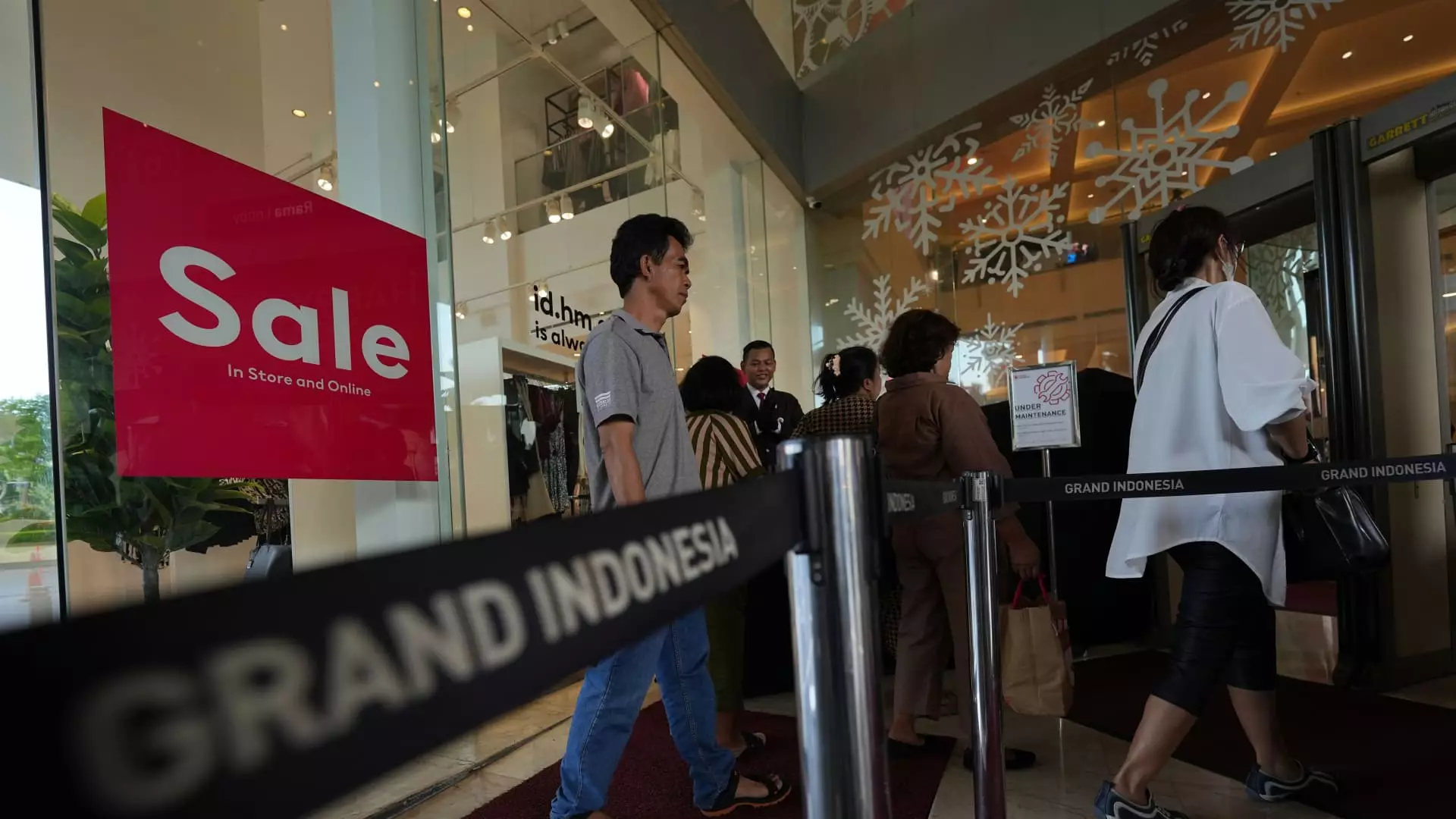In a move that underscores the burgeoning smartphone market in Southeast Asia, Huawei’s former subsidiary, Honor, announced its intention to venture into Indonesia by the end of March. This development is particularly significant as the Indonesian market has recently barred certain foreign entities, like Apple, from selling their latest models due to stringent domestic production regulations. Indonesia’s requirement mandating that 40% of smartphone components be locally sourced has created both challenges and opportunities for brands looking to establish a foothold in this vibrant economy.
Apple’s struggle reflects broader challenges that many foreign companies encounter in Indonesia. The significance of the local sourcing requirement can’t be understated, as it impedes the swift entry of brands accustomed to streamlined global supply chains. In comparison, Honor’s proactive approach includes establishing connections with local manufacturing partners, which augurs well for its adaptability in the region. The presence of a dedicated office and localization efforts indicate that Honor is not merely looking to exploit a gap left by competitors but is sincerely investing in its long-term viability in the Indonesian market.
Indonesia is a market teeming with potential, as highlighted by Canalys analyst Chiew Le Xuan. The country ranks as the fourth most populous in the world, trailing only the United States. While much of the market gravitates towards budget smartphones priced under $200, the economic trajectory showcases an expanding middle class eager for more advanced technological offerings. Honor aims to leverage this demographic shift by introducing a diverse portfolio, including ten products within the medium to high-end segment, and ultimately plans to expand to around 30 devices, ranging from smartphones to tablets, by year’s end.
This strategic decision is further reinforced by Indonesia’s position as a hub for smartphone shipments in Southeast Asia, accounting for a notable 35% of the region’s total. The competitive landscape, dominated by local and regional giants like Oppo, Xiaomi, and Transsion, poses a significant challenge. Yet, the ability of these brands to cater to local tastes and preferences places Honor at a crossroads where it must differentiate itself through innovation and timely market entry.
Leadership plays a pivotal role in Honor’s aspirations in Indonesia. Justin Li, the president of Honor’s South Pacific operations, has articulated the company’s vision of fostering local ties while cultivating an indigenous workforce. Although specific figures regarding the local recruitment strategy remain undisclosed, the goal to harness predominantly local talent signals Honor’s commitment to embedding itself within the Indonesian social fabric. This strategy could not only enhance brand loyalty but also foster a sense of community, which is essential in developing a robust customer base.
Moreover, Honor’s plans to establish at least ten retail outlets within the year underscore a hands-on strategy aimed at cultivating direct relationships with consumers. This initiative stands in sharp contrast to other players who may rely heavily on third-party retailers. By fostering its own brand presence, Honor can ensure a tailored consumer experience that aligns with its vision.
Honor’s ambition extends far beyond Indonesia. In the wake of being spun off from Huawei due to debilitating U.S. sanctions, the company is now on a trajectory towards becoming a public entity. With more than half of its sales coming from international markets as of December, Honor is strategically positioning itself as a formidable global player. This pivot away from dependence on the Chinese market is essential for its resilience in the face of geopolitical challenges.
Despite navigating a complex arena characterized by regulatory hurdles and established competitors, Honor’s entry into Indonesia signals confidence in its business model and adaptability. The brand’s commitment to local partnerships, importance of market research, and ambitious product rollouts portray a company poised to capitalize on the numerous opportunities that the Indonesian market presents.
Honor’s planned entry into Indonesia is a noteworthy development in the competitive landscape of the smartphone industry. By prioritizing local engagement and understanding the nuances of the market, Honor is well-positioned to create a lasting impact. While challenges remain, its strategic initiatives may open new doors for growth, marking a promising chapter for the brand as it navigates an increasingly complex global marketplace. As technology continues to evolve and consumer demands shift, Honor’s adaptability may just be its strongest asset in the battle for market share in Indonesia and beyond.

